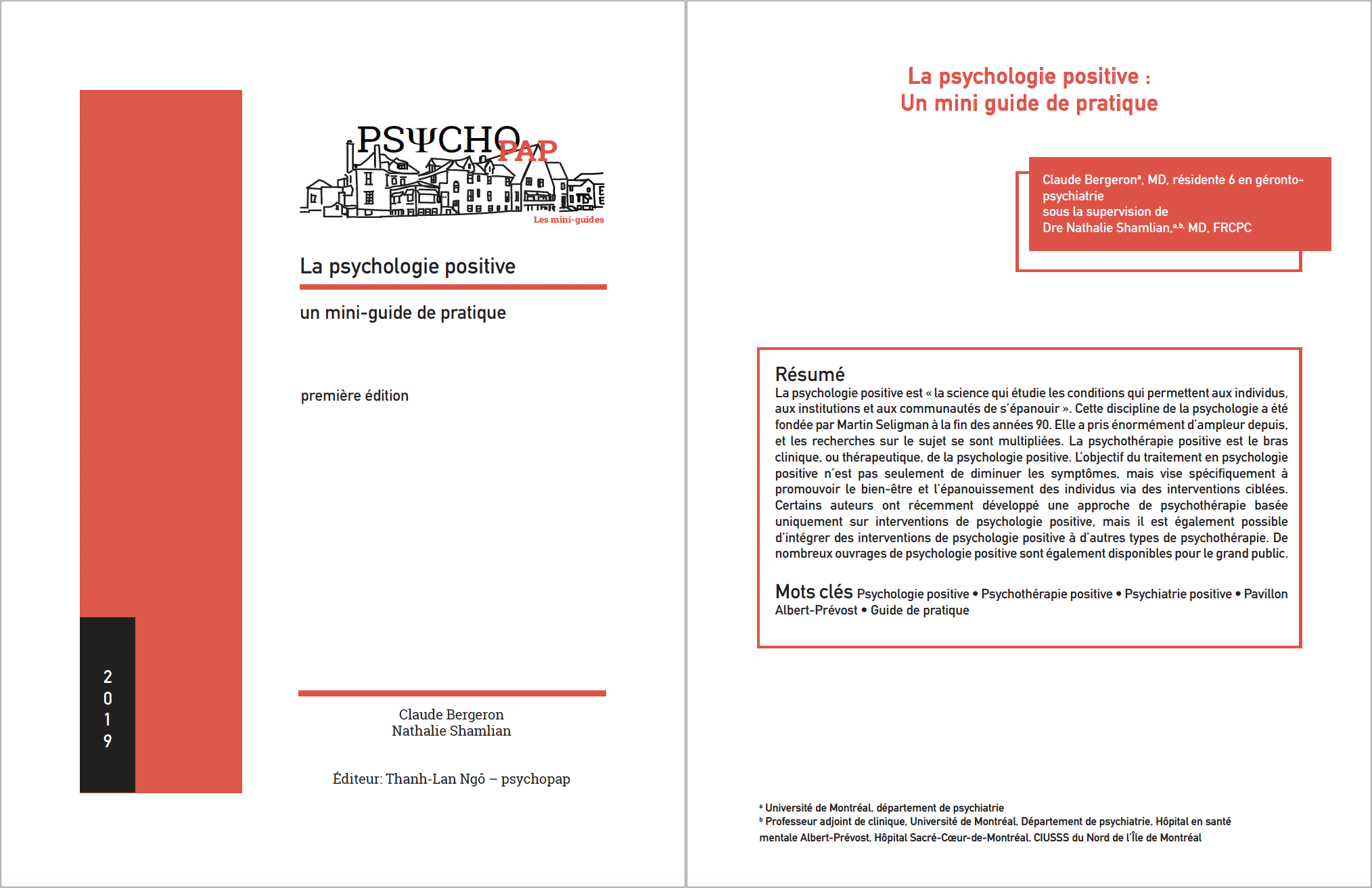The healthcare field is often marked by significant pressure and considerable levels of stress, which can impact the quality of care provided to patients. Stress management for healthcare professionals involves adopting various techniques suited to their environment. By integrating effective strategies, such as meditation, sophrology, or relaxation exercises, practitioners can better face daily challenges. The adopted approach must also take into account the importance of a balanced lifestyle, which promotes physical and mental well-being.

Stress management has become a necessity in the healthcare field due to the demanding environment in which healthcare professionals operate. Caregivers are often faced with emotionally charged situations, workload overload, and life-or-death issues. Therefore, it is crucial to implement stress management techniques that are tailored to their daily lives.
The different techniques can be developed along several axes: prevention, treatment of stress, and practical tools to improve overall well-being. These may include relaxation methods, lifestyle changes, as well as behavioral strategies.
Among the relaxation techniques, sophrology holds a prominent place. This method relies on a set of breathing and visualization exercises aimed at calming the mind and reducing physical tension. By regularly incorporating sophrology into their daily routine, caregivers can decrease their level of anxiety and improve their ability to cope with the challenges of the profession.
Another effective technique is meditation. Studies have shown that daily meditation practice can reduce anxiety and facilitate stress management. By focusing on the present moment, professionals can diminish the mental rumination that drains their energy and motivation. Mobile apps and guided meditation sessions can facilitate this practice for those who are beginners.
Psychological coaching is also an invaluable tool for healthcare professionals. Regular consultation with a psychologist or a coach specialized in stress management can help identify sources of chronic stress and develop tailored strategies to cope with it. This may include coping techniques, time management advice, and effective communication strategies.
For those who wish to explore more holistic alternatives, acupuncture has proven effective in managing stress and associated pain. By targeting specific points on the body, acupuncture helps restore energetic balance and alleviate stress symptoms. Recent studies have highlighted its benefits as a complementary treatment within sequenced care for healthcare professionals.
Regular physical exercise should not be neglected. Physical activity has documented effects on stress reduction and overall well-being. Whether through sports, brisk walking, or even yoga, exercise helps release endorphins, thus contributing to better management of anxiety and stress.
In parallel, establishing a healthy lifestyle plays a fundamental role in stress management. This involves having a balanced diet, getting enough sleep, and avoiding substances such as alcohol and tobacco, which can exacerbate stress. Eating properly allows the body to function optimally and better withstand stress.
In terms of organization, it is essential for healthcare professionals to structure their workday. Task prioritization and the establishment of clear boundaries are indispensable to avoid burnout. This may include regular breaks to recenter and recharge, thereby improving concentration and efficiency.
Time management is also crucial in limiting work-related stress. Using planning tools such as digital calendars and task lists can help to better organize oneself and reduce mental load. Setting achievable goals and clear deadlines can also help mitigate feelings of being overwhelmed.
Institutional initiatives, such as stress management training workshops, can provide valuable support. Such workshops inform and train professionals on the various techniques available to them and how to integrate them into their daily routines. This not only enhances individual skills but also strengthens team cohesion.
Another often overlooked aspect is the importance of maintaining open communication with colleagues and leadership. Sharing feelings, discussing difficulties, and asking for help can contribute to creating a healthier and more supportive work environment. Organizing discussion spaces, such as support groups, can promote this dynamic.
Being aware of one’s own stress and limits is another essential factor. Healthcare professionals need to learn to recognize the signs of fatigue or burnout and to give themselves permission to seek support when necessary. This fosters not only their personal well-being but also the quality of care provided.
Finally, the use of connected medical devices and dedicated mental health apps allows for better stress management. These technologies offer personalized solutions to track stress and anxiety levels in real time and enable preventive actions to be implemented.
The methods and techniques for managing stress among healthcare professionals must be personalized and integrated into their daily lives to optimize their effectiveness and well-being. By combining various approaches ranging from relaxation to physical exercise, training, and digital tools, it is possible to create an environment conducive to prevention and effective stress management.
For more information on acupuncture and its use in pain management, you can consult this article: Acupuncture and Pain Management. Additionally, if you are interested in supporting chronic patients, feel free to read this article on the subject: Rehabilitation Program for Chronic Patients.
Mental health being essential, support is also available, as highlighted in the article on TRICARE, your ally for mental health support: TRICARE. Finally, for those interested in new treatments for heart failure in chronic care, check out this article: New Treatments for Heart Failure.

Stress management is crucial for healthcare professionals, who often face high-pressure emotional and physical situations. This document presents techniques and practical strategies to reduce stress in the workplace, improve mental well-being, and prevent burnout. By adopting suitable methods, healthcare professionals can better confront the challenges of their profession, while maintaining their mental and physical health.
1. Relaxation Techniques
Relaxation plays an essential role in stress management. Among the techniques aimed at alleviating tension, sophrology is particularly effective. It combines breathing exercises, positive visualizations, and meditation. By incorporating sophrology sessions into their routine, a healthcare professional can reduce their stress levels and improve their emotional balance.
2. Regular Physical Activity
Another effective way to combat stress is through regular physical activity. This can include walking, yoga, or any other form of exercise that promotes relaxation. Physical activity contributes to the release of endorphins, the hormones of well-being, thereby reducing anxiety and fostering a better mood.
3. Time Management
Organizing one’s time is essential for reducing stress related to professional deadlines. Implementing organizational strategies allows for better prioritization of tasks and planning regular breaks. By using time management tools like calendars or planning apps, it is possible to manage priorities more effectively and reduce pressure at work.
4. Emotional Awareness
Learning to identify one’s own emotions is crucial for managing stress. Practicing mindfulness, for example, can help draw lessons from one’s reactions to various professional situations. Emotional awareness allows for a better understanding of stress sources and adjusting behaviors accordingly, thus contributing to more effective stress management.
5. Social Support
The support of peers is a fundamental element in stress management for healthcare professionals. Engaging with colleagues, sharing experiences, and mutually supporting one another provides comfort and understanding. Participating in discussion groups or workshops on stress can also promote this social support and enhance stress management skills.
6. Consultation with Specialists
For chronic stress situations, it may be beneficial to consult with psychologists or specialized coaches. These professionals can help identify the underlying causes of stress and provide personalized strategies to improve stress management. By working with a specialist, healthcare professionals can develop tools suited to their situation, thereby enhancing their resilience.
7. Healthy Living Practices
Finally, adopting healthy lifestyle habits, such as maintaining a balanced diet, avoiding excessive caffeine and tobacco consumption, and ensuring quality sleep, is essential for stress management. Taking the time to care for oneself helps reinforce the ability to manage stress effectively in daily life.












